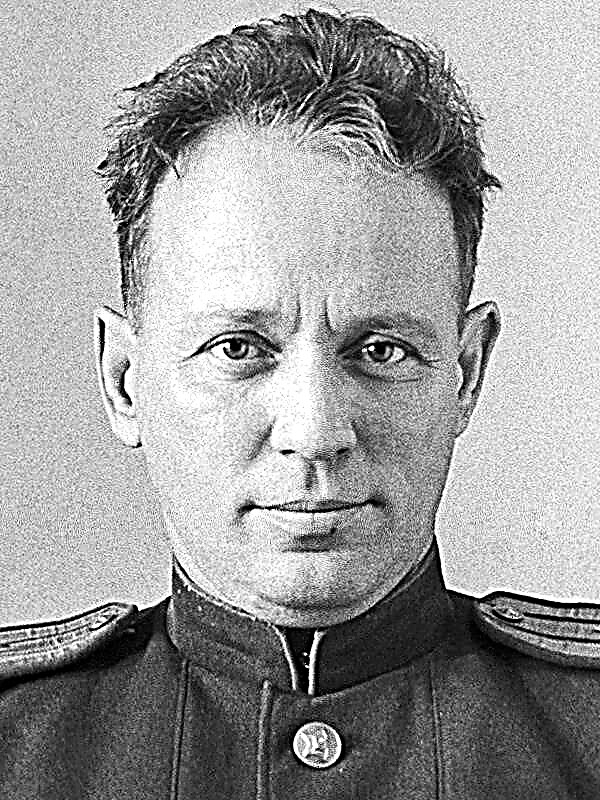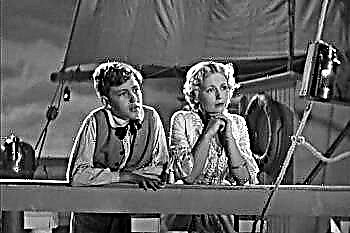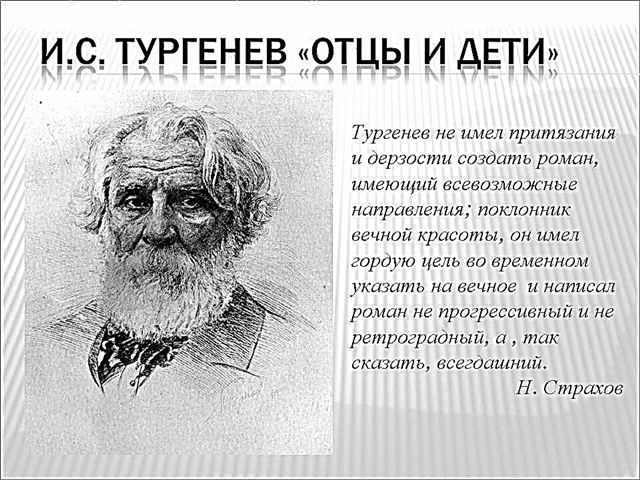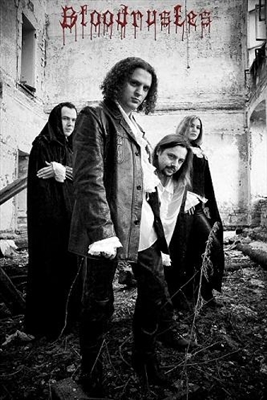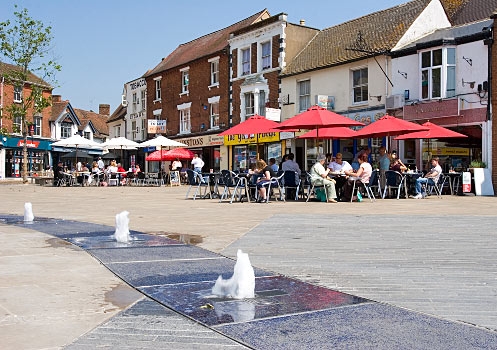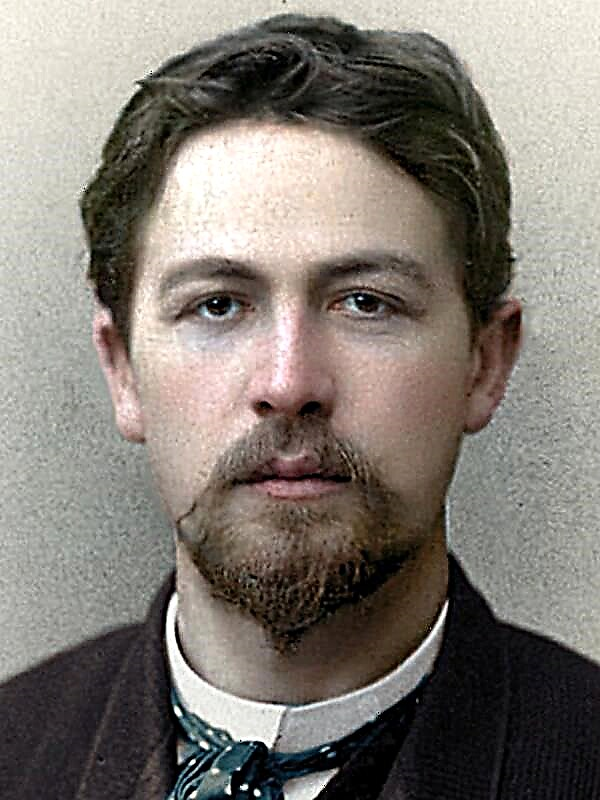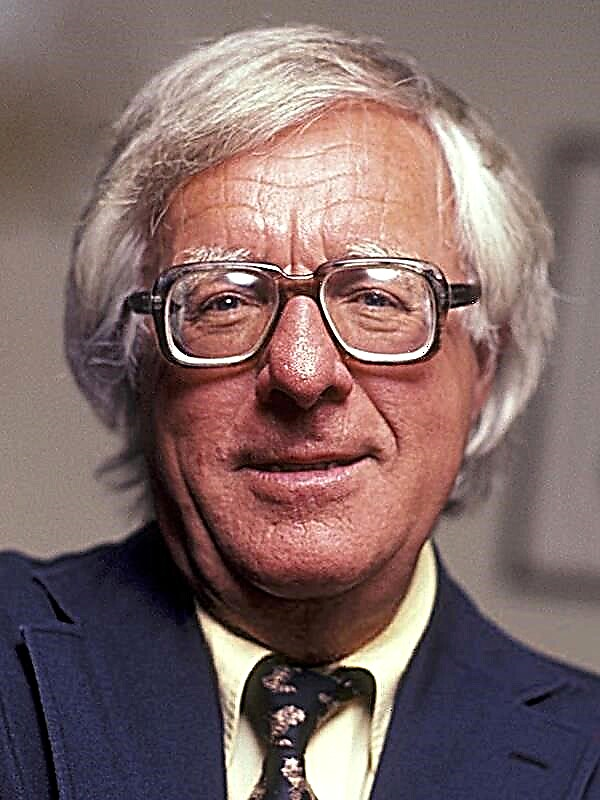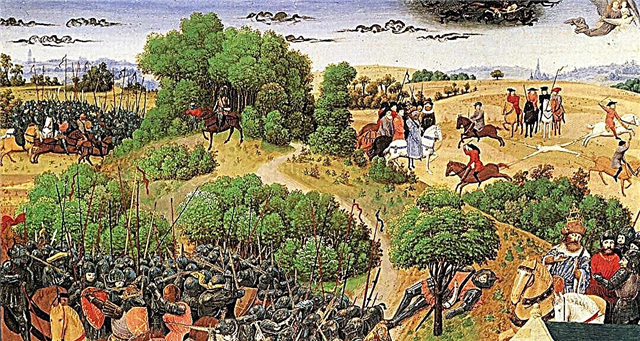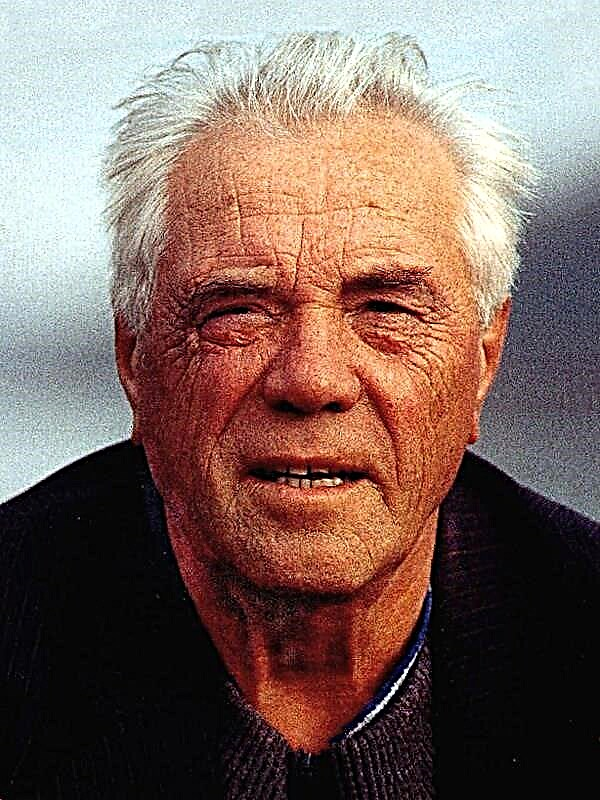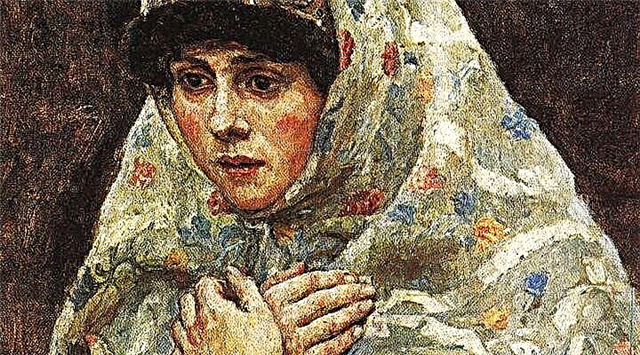From the texts to prepare for the exam in the Russian language, we identified the most relevant and common problems regarding the meaning of life. For each of them we picked up interesting arguments from the literature. All of them are available for download in table format, link at the end of the article.
Meaning of life
Helping people
- The problem of the meaning of life is fully revealed in the story of A.I. Solzhenitsyna "Matryonin Dvor". It is in this work that the main character, not sparing herself, helps people. Throughout her life, Matryona always gave everything that she had, and did not require anything in return. Despite the fact that many simply enjoyed the kindness of the heroine, she was happy every day and was grateful for her life. According to the author himself, it is Matryona who is the real righteous man on whom absolutely everything rests.
- Natasha Rostova, the heroine novels – epics of L.N. Tolstoy "War and Peace", sees his sense of family life and love for people. Since childhood, she did not cherish the soul of her parents, brothers and sisters. Being a married woman, Natasha gave all her love to her husband, Pierre Bezukhov, and children. Also, Rostov did not forget about helping strangers. Let us recall the episode after the battle of Borodino, when the heroine disinterestedly helps the wounded soldiers and places them at home. Natasha Rostova lives in order to sow kindness, love and affection around herself.
In material values
- Famus society known forOmedy A.S. Griboedova "Woe from Wit", considered only material values as its sense of life. Glory, rank, money, position in society - all this plays a major role for them. And to achieve this, they are not afraid of hypocrisy, to commit meanness, to dirty tricks and gossip. For example, Molchalin deceives the daughter of his boss, portraying love, if only to achieve promotion and patronage. Only Chatsky understands that these are false values, but secular society refuses to believe this and simply does not accept his point of view.
2. Perhaps the story of I.A. Bunina "The Master of San Francisco" is a real example in which the meaning of the hero’s life is material wealth. The nameless gentleman worked all the time to ensure a happy existence for himself and his family. Exactly existence, since each day was similar to the previous one. The hero did not see the meaning of life in love or family, so their only joint rest turns into a routine living on the deck, when there’s nothing to even talk about. No wonder, because for the hero the most important thing is money, but his wife and daughter cannot talk about them. It is on the example of his hero that the author wants to show how insignificant such a set of life values is. No wonder all passengers who are fixated on wealth sail on a ship called Atlantis - they are doomed to death.
In the service of the motherland
- For many heroes of Russian literature, the meaning of life is to serve the Fatherland. For example, for Andrei Sokolov from the story of M.A. Sholokhov "The fate of man". Upon learning of the start of the war, he unconditionally went to the front. Yes, it was difficult for him - several wounds, captivity, but Andrei never thought about betraying his homeland. Even the thought of it disgusted him. Sokolov also behaved bravely in the camp. Recall the episode when the hero refused to drink with the German commandant Muller. As we see, the meaning of life for Andrey is his homeland and love for her.
- For Vasily Terkin, the hero poems A.T. Twardowski "Vasily Terkin"Homeland is the meaning of life. He is an ordinary soldier who is not afraid to give his own life to defeat the enemy. Turkin - brave, dexterous, courageous and strong. He is not afraid of difficulties, because with the help of his ingenuity, he is able to find a way out of any situation. The hero deserves real respect. Vasily Terkin is an example of a true patriot of his country who is ready for anything for it.
In love
- main character dramas A.N. Ostrovsky "Thunderstorm", Katerina, love was the meaning of her life. It was this feeling that was inextricably linked with her freedom, which she lacked. Throughout her life, the heroine wanted to love and be loved. However, her husband, Tikhon, did not pay attention to Katerina. Every day the heroine felt more and more unhappy and unhappy. Only after the appearance of Boris did the heroine realize that she was capable of love. This forbidden relationship weighed Katerina, but she could not do anything, because she so wanted to be loved and in this feeling to find the long-awaited freedom. However, the conflict of feelings and duty led her to the fact that she could not live, abandoning one of the conflicting parties. The woman chose death, because she lost the meaning in life.
- The hero saw the meaning of life in love novels A.I. Kuprina "Garnet bracelet". Despite the fact that these feelings were doomed from the very beginning, Zheltkov continued to love Vera with all his heart. He did not demand anything in return. For him, the most important thing is her happiness. Yolks never allowed himself to cross the line, knowing that Vera was a married woman. By his example, the hero proved that love is stronger than death. When he was forced to abandon his feelings, he left this world, because he lived only for the sake of love.
Search for the meaning of life
- In the novel by A. S. Pushkin "Eugene Onegin" the hero has been searching for his destiny all his life. However, any business brought only boredom and disappointment. He was tired of empty chatter in the light, he set about organizing the economy in the inherited village. But this activity soon ceased to interest him. Friendship and love did not inspire Eugene either. As a result, he realized too late that it was in them that he could find himself. Pushkin leaves the finale open in order to emphasize that the hero has only monotonous lonely wanderings in front of him, which does not make sense to describe. He lost his meaning of life due to the satiety and laziness of the soul.
- In the novel by M. Yu. Lermontov “Hero of our time” Pechorin seeks the meaning of life, but does not find it because of his vices: selfishness, fear of feelings and indifference. Many people go to him with kindness, affection and love, but in return receive only coldness. Because of this, Grigory Alexandrovich is lonely and powerless to find his destiny. He got lost in the labyrinths of fate and lost hope for a successful outcome. Neither in the service, nor in the family, nor in the work of the hero was able to receive the satisfaction of his ambitions. Therefore, critics called him "an extra man" who barrenly vanished into oblivion, without using his skills and knowledge.
- In the epic novel "War and Peace" by L. N. Tolstoy one of the heroes throughout the story was looking for himself. Pierre Bezukhov tried to find his place in high society, but became convinced of his falsehood and hypocrisy. Then he found love, but also became disappointed in it, having received deception instead of devotion and affection. He even entered into a secret society in order to benefit society. However, none of these roles suited him; each of them did not bring complete satisfaction. Only in the bosom of the family, after all his wanderings, did he find himself and the meaning of being. Children, marriage, honest work for the good of the people - that is what became Pierre's real destiny.
The false meaning of life and the consequences of error
- In the work of N. V. Gogol "The Overcoat" the hero lived without realizing why. His existence was only an insignificant vegetation of a small man in a big city. Therefore, he found his likeness in recognizing his surroundings. He did not want to deserve it, but his appearance. The new overcoat, as it seemed to him, became an occasion to respect his person. Because of this, he unnaturally attached to this thing, and even died of grief, losing it. If a person makes a mistake in choosing life guidelines, the tragic consequences of a mistake await him.
- In the play by A. P. Chekhov “Uncle Vanya” the hero worked all his life in the name of false ideals. He and his niece worked for the minimum remuneration, and all the remaining money was sent to the girl's father, the husband of the late sister of Uncle Vanya. He is a professor, and in his person modest people saw the very science, which they willingly served. However, a personal meeting with the idol showed them that they sacrificed everything for the sake of smug nonentity. The psychological crisis of Ivan Voynitsky after realizing the falsity of ideals led to the fact that a quiet and timid man tried to kill a relative. However, in the finale, he resigned himself to fate and his deep unhappiness.
- In the work of A. Chekhov "Ionych" the main character rejects Startsev’s offer in order to go to the capital and enter the conservatory. The girl sees the meaning of her life in music. Everyone praised her playing the piano, no one doubted her success. But Mademoiselle Turkina actually turned out to be a mediocre pianist. She returned to her hometown with nothing, but she also worked diligently in music, although this no longer mattered. Catherine was disappointed in herself and did not find the strength in herself to find a new incentive to develop.


